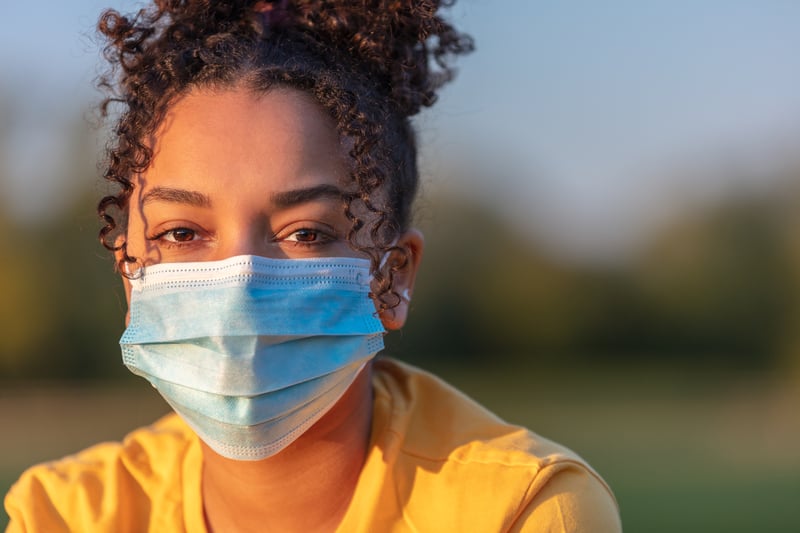NEWARK, NJ – Newark and Camden, two of New Jersey’s most disadvantaged urban centers with large populations of minorities have both decided to keep their students masked up after the state’s universal mask mandate ends.
While many districts across the state will choose a ‘mask optional’ approach, as of today 160 confirmed districts, two of the state’s largest urban centers will be mask mandatory.
“For our students and staff, we will continue to wear masks at this time. We are glad that the COVID numbers are decreasing in New Jersey, however, we want to make sure our young people continue to be safe while in our care,” Superintendent Katrina McCombs said in a statement. “This new sense of normalcy, although difficult at times, will benefit our students, staff, and entire school community.”
Over Newark, the situation is the same.
“The wearing of masks is part of the district’s protocols and we are maintaining our protocols,” according to Newark schools spokeswoman Nancy Deering.
Other districts that have announced mask mandatory rules after March 7th include Willingboro and Plainfield, two districts that also have a high percentage of economically disadvantaged students.
Newark’s student population is 76% economically disadvantaged. Plainfield is 77% economically disadvantaged. Willingboro is 54% economically disadvantaged and Camden is 24.8% economically disadvantaged.
